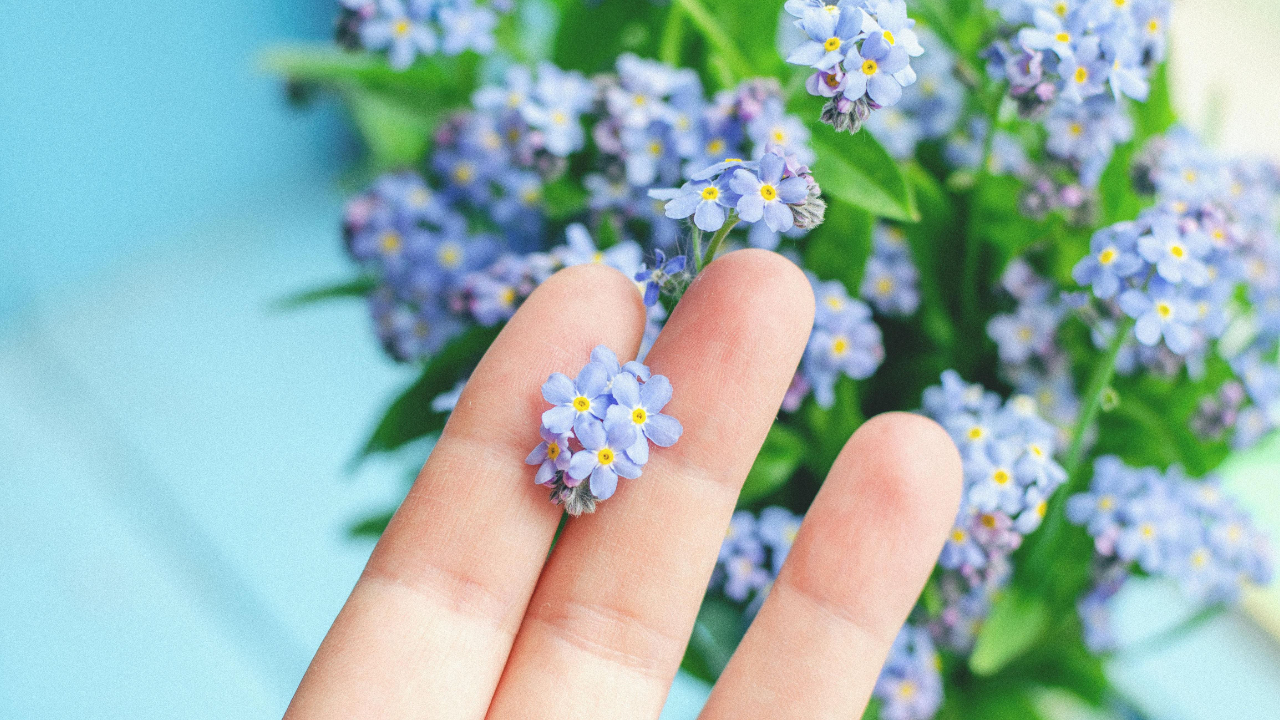Life isn’t always black and white. Sometimes you’re not in crisis—but you’re also not okay. You’re getting through your days, showing up, and meeting responsibilities, yet inside, something feels heavy, flat, or disconnected. It’s that quiet, persistent exhaustion that many people overlook, dismi...
Some days look manageable on paper yet still feel impossibly heavy. Simple decisions take longer, small tasks feel urgent, and even ordinary responsibilities seem to demand more energy than is available. The experience can be confusing, especially when nothing appears objectively wrong. People of...
You’re the one who holds it together when everyone else falls apart. The friend who listens, the partner who stays calm, the sibling everyone leans on. People admire your strength—but behind that composed exterior, you might feel exhausted, unseen, or alone. Being the strong one is often praised,...
Depression doesn’t always announce itself in obvious ways. It often weaves into the body, emotions, and daily habits so gradually that its presence can be easy to dismiss or explain away. What begins as tiredness, irritability, or withdrawal can quietly grow into something heavier, affecting how ...
You might feel constantly on edge, restless, or exhausted, but tell yourself it’s just “stress.” Anxiety doesn’t always come in obvious waves—it can show up quietly in your body, emotions, and daily habits. Recognizing these subtle signs early can help you manage them before they take a bigger to...
Trauma has a way of lingering long after the event itself has ended. It can quietly reshape how the mind feels, how the body responds, and how a person understands themselves and the world. For many, the weight of trauma doesn’t show up as fear or flashbacks alone—it settles into exhaustion, numb...
Anxiety and depression often show up together, leaving many people feeling confused, exhausted, or frustrated. You might find yourself worrying constantly one day and feeling flat or hopeless the next. Experiencing both isn’t a flaw—it’s common, and it makes sense when we look at how the mind and...
Depression can make the world feel distant and unreachable, as though everything meaningful exists just beyond your grasp. Even the things that once brought comfort—light, air, movement, color—can fade into the background, leaving life feeling flat and enclosed. This disconnection is not a person...
Anxiety can feel like your body is stuck on high alert, with racing thoughts, tense muscles, and shallow breathing. While traditional coping strategies help, they often require effort when your nervous system is already overwhelmed. Nature offers a different kind of support—one that doesn’t deman...
For some people, “sorry” becomes a reflex rather than a response. It slips out when you ask a question, take a breath, express a feeling, or simply exist in a shared space. What looks like politeness on the surface is often something deeper—a learned way of trying to stay safe, likable, or unnoti...
Not all mental health struggles are obvious. Some people appear successful, capable, and composed, yet silently carry anxiety, stress, or emotional exhaustion. This is often called high-functioning mental health—a state where someone is able to meet responsibilities while still struggling interna...
Anxiety has a way of turning even well-intentioned advice into something heavy. When people talk about exercise as a cure-all, it can feel disconnected from the lived reality of anxiety—where your body already feels tense, alert, and easily overwhelmed. The idea of movement, instead of offering r...

















